The fourth annual Chicago Feminist Film Festival opened up with a documentary about Alice Guy-Blaché, one of the first female filmmakers who is also the most forgotten. Be Natural: The Untold Story of Alice Guy-Blaché was followed by an LGBTQ-focused short film program that featured themes of gender fluidity and Black trans identity — which set the tone for the rest of the festival’s intersectional programming. Now in its fourth year, the festival aims to foster a space where filmmaking is discussed beyond the binary of gender equity and give a platform to voices that would otherwise be dismissed in the mainstream industry.
The festival was comprised of seven short film programs and three feature films — all of which were free and open to the public. But if you couldn’t make it out, here were some of the best of the fest.
Undone
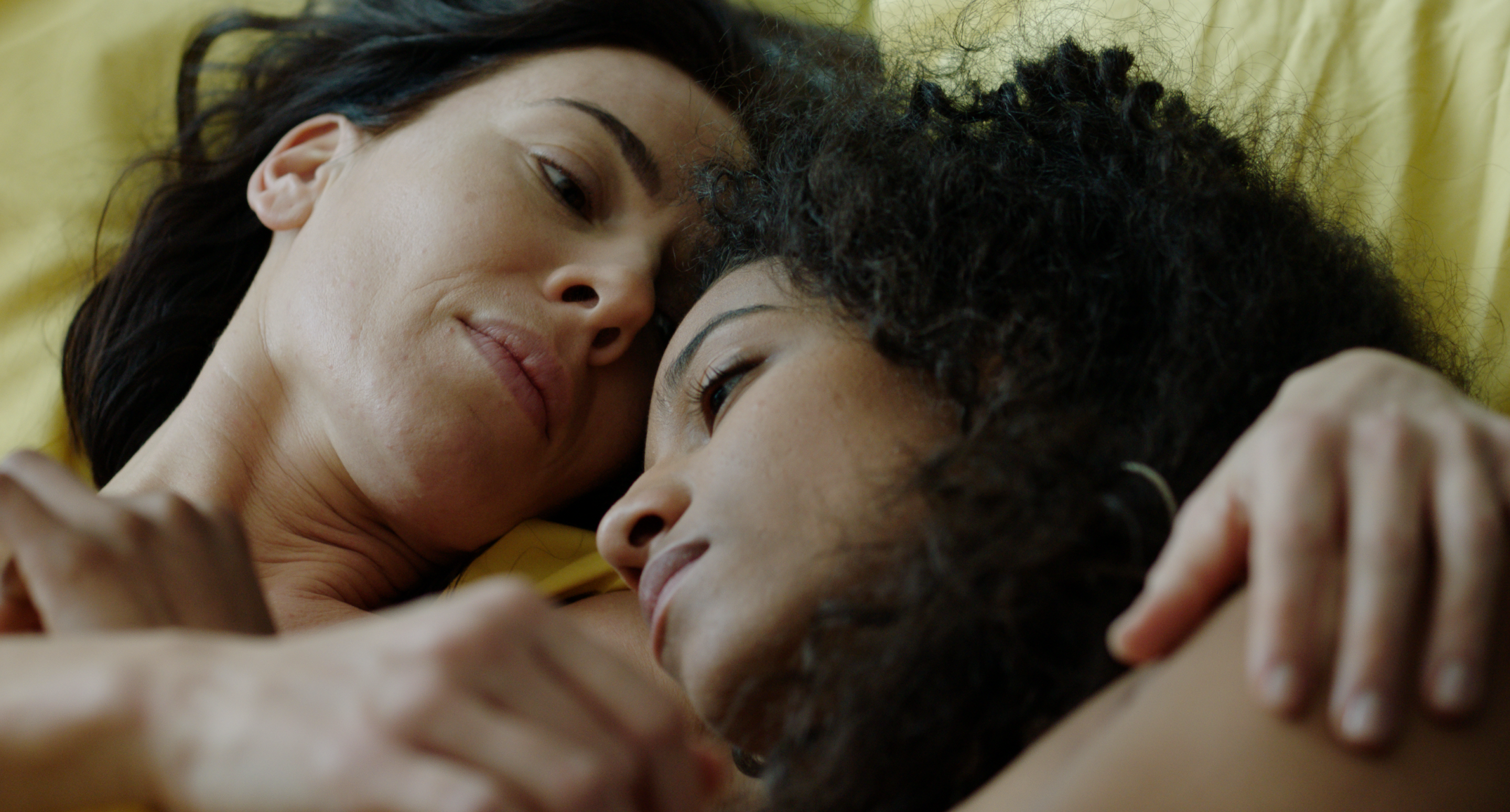
This 15-minute film is a delicate portrayal of two straight-identifying women — one older and one younger — who wake up in the same bed after having shared an unexpected, intimate night together. The two alienate themselves from each other as they try to come to terms with their feelings for one another. More importantly, they are trying to understand the discovery they’ve made about themselves. Beautifully shot and acted, Undone is a film that shows the complexities of trying to put a label on your sexuality when your identities give you little room to do so.
Femme Queen Chronicles: Episode 1 - "The Clock"
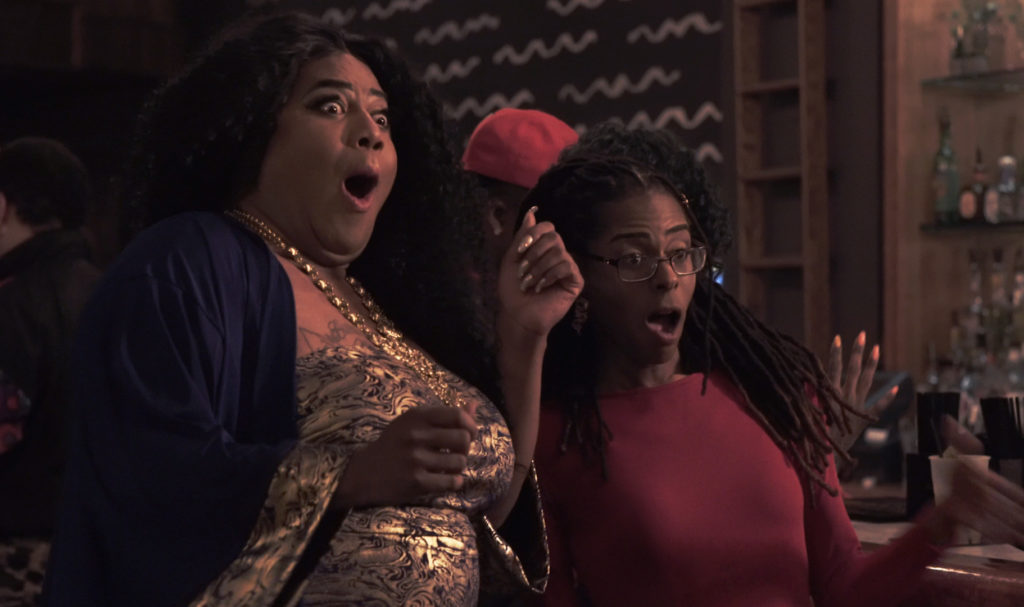
Femme Queen Chronicles is a web series that follows the lives of four Black trans women as they navigate life, love and work in Detroit created by Ahya Simone and funded by the Detroit Trans Sistas of Color Project. The pilot episode follows Amirah, Chanel, Erykah and Shevon trying to make it through their day in the city. “The Clock” highlights important issues in the trans community, especially issues for trans women of color, but not without moments of humor and joy. FQC offers a balance that isn’t explored too often in the media, as a lot of depictions of trans women of color consist of them as either fabulous entertainers or women ruined by hardships. Instead, FQC shows that their experiences — while full of obstacles — can be full of laughs and authentic moments, too.
Crystal Swan
It’s a story that’s been told a million times — a young person is seized by the promise of a bigger and better life and leaves everything they’ve ever known behind to get it, yet director Darya Zhuk makes it feel so fresh in Crystal Swan. The film follows Velya, a young DJ living in late-nineties Belarus played charismatically by Alina Nasibullina. Velya feels like a fish out of water in her hometown and searches for a better life in the birthplace of house music: Chicago. She faces a lot of obstacles along the way, including having some errors in her Visa application. Velya is determined to make her way west and while the film seems to slack off in its third act, Nasibullina’s performance can keep you engaged all the way through.
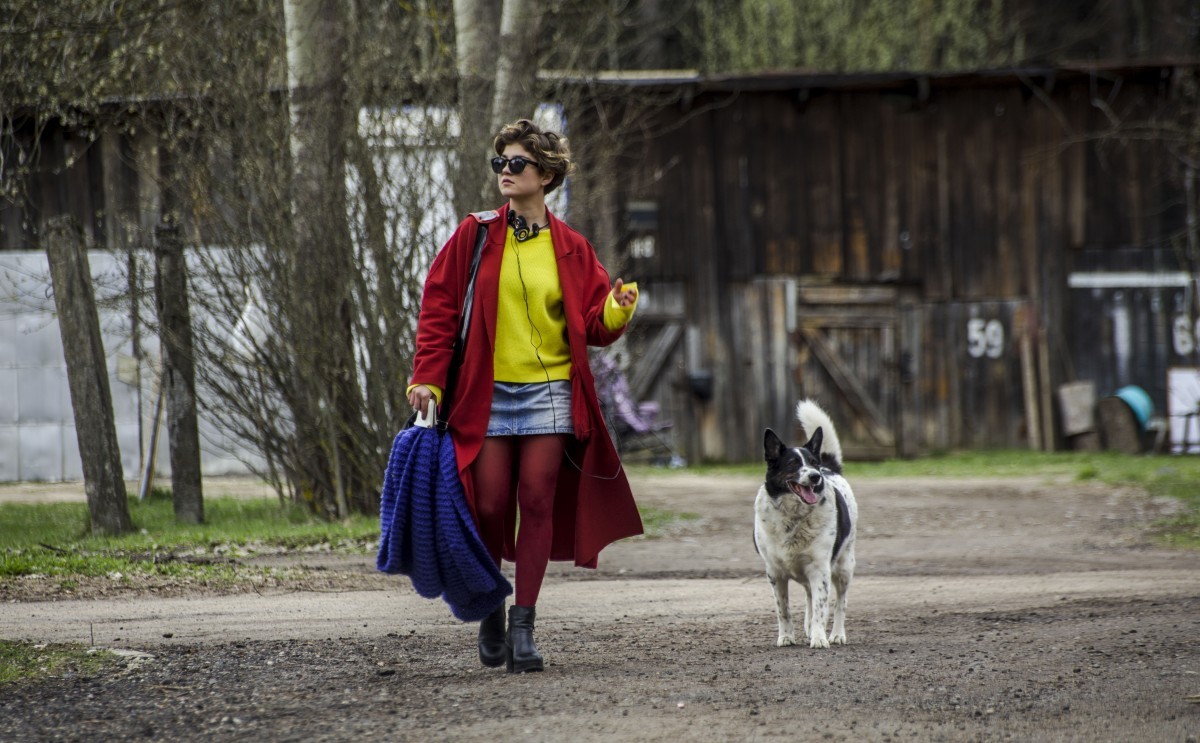
Super Market
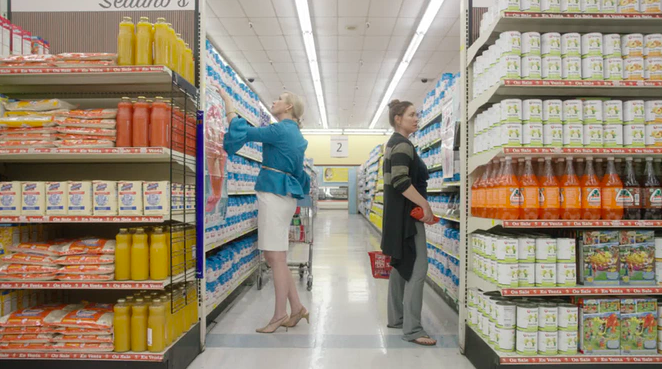
All women get asked about motherhood at some point in their lives. It’s intrusive and insulting to some, flattering to others. Rhonda Mitrani’s directorial debut Super Market offers a compelling take on how different women approach the topic of motherhood. The film follows Jasmine, a mid-30’s career woman who enters a supermarket, pops an olive in her mouth and suddenly enters an alternative universe where she is pregnant. She’s still in the supermarket but every shelf is now stocked with different baby products and the women around her all offer unsolicited information, advertisements and advice on parenting. Super Market ultimately seeks to remind women that there is no correct timeline for them to follow and the only person you should listen to when it comes to parenting (among other things) is yourself.
Egg Day
Egg Day is based on filmmakers Damien Fahey and Grasie Mercedes’ experience with in vitro fertilization (IVF), a form of assisted reproductive technology. Told through the perspective of a woman of color, the film tackles a topic that is often seen as taboo in Latinx and Black households, setting it apart from other films about infertility. In 10 minutes, Egg Day manages to cram as many light-hearted moments as there are sad ones as the couple go through the egg retrieval process.

Mani Cura
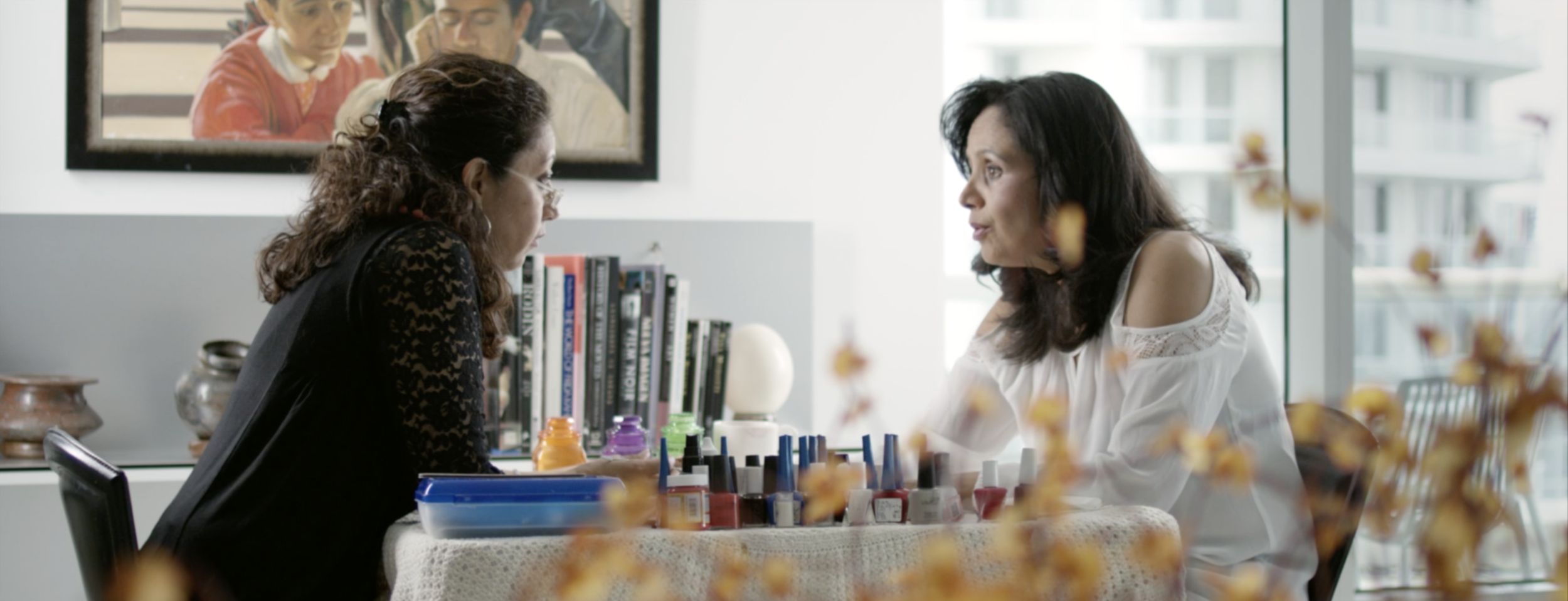
Based on real events, Mani Cura tells the stories of some of Colombia’s richest women who have experienced different levels of abuse throughout their lives. These women confide in their manicurist, Tere, who has her own opinions of these women who boss her around — but she learns that their lives might not as glamorous as they seem. Intricately shot and written, the film speaks volumes about how abuse can affect all women across socioeconomic backgrounds, social classes and ages. And in a country that is notorious for violence against women, it's refreshing to see a film highlight it with such vulnerability and authenticity.


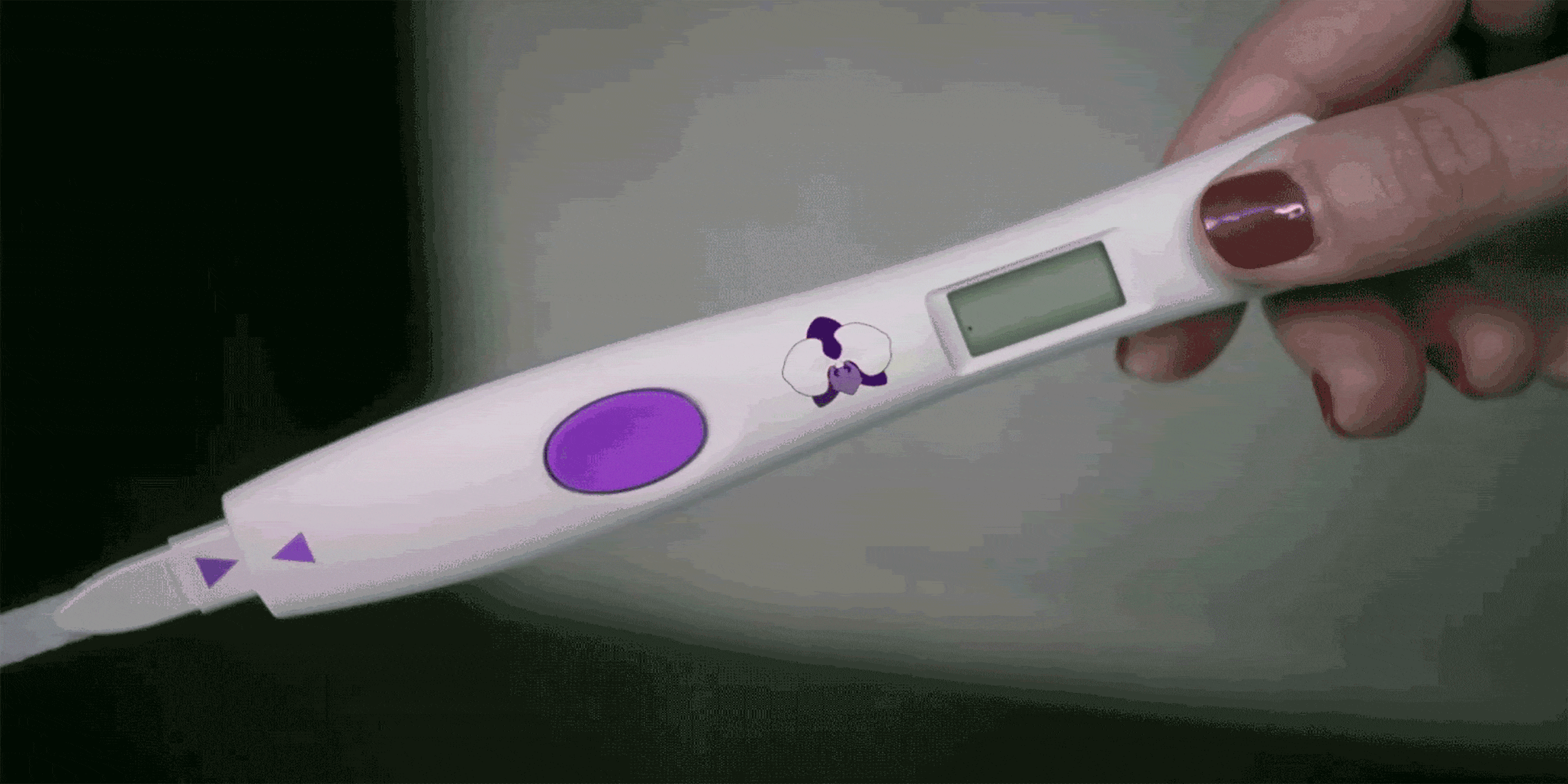

NO COMMENT